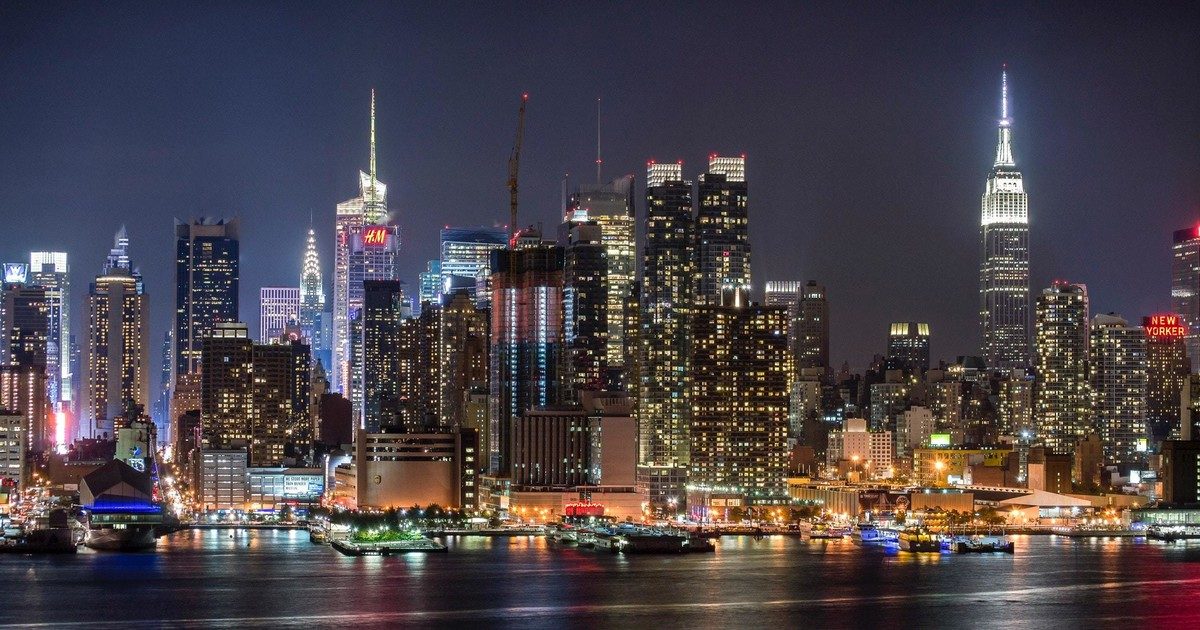Connecting the lecture from Professor Medford and chapter 2 of Undocumented Politics, the “good” minority and the “bad” minority argument seems to set the scene for whether immigrants feel appreciative or cynical towards the United States “Good” and “Bad” behavior is a very arbitrary way to describe threats to violence and deportation. Andrews states immigrants who feel appreciative towards the US as distancing themselves from their indigenous roots to feel “whiter” and take advantage of opportunities in the United States.
The questions I presented were even though many are still undocumented immigrants, why do these people feel their behavior has an influence on their fates? Does this change their view on law enforcement? On their freedom? Why?
Professor Medford’s lecture made exceptional parallels to Undocumented Politics. The “good” and “bad” minorities we discussed in class relate to the top-bottom racialization that takes places in society. An example of the “good” minority is the “wizz kids,” where Asian students excel in educational setting. In the Classic Assimilation Model we discussed, this is an example of immigrants having the ability to create new power dynamics between races.
In terms of feeling “whiter,” upward segmented assimilation explains immigrants leaning towards cultural, political, and economics consistent with whites. Over time, immigrants become similar to white Americans in terms of norms, behaviors, values, and characteristics. This equates to Andrews’ research which gives justification for immigrates having the desire to distance themselves from their indigenous roots to benefit from social and economic opportunities in the United States.
Transnational placemaking suggests individuals are able to have social ties and networks that extend across country boundaries. Having already built a repertoire in their native country, immigrants often migrate to the United States to: (1) pursuit increased economic opportunities, (2) run away from political/domestic/social issues in their native countries, and (3) better their quality of life for themselves and their families. Immigrants often challenge how communities operate, which can create a newfound global community.

I liked your point that Immigrants are incentivized to become more culturally White if they want to succeed economically in the US. Many characterize that on a good/bad dichotomy, characterizing their behavior as either beneficial or harmful to the country based on their Whiteness. I also think that this dichotomy is changing as we think about what it means to be a nation in the first place. While in the past, national pride was a mandatory part of being a citizen of the US (Ubiquity of the Pledge of Allegiance and Star Spangled Banner are examples of this), now this notion is being challenged. Colin Kapernick and other athletes’ decision to kneel for the National Anthem has brought what was formerly understood as a necessity of national pride into the national conversation. While many stand on both side of this issue, perhaps it is possible that citizens can live in this country without feeling prideful of it, given that there are parts of the country that they might not like. Then, the criteria to distinguish immigrants AND normal people between good and bad would be based on more real contributions rather than whether they hold a Mexican or American flag at a protest.
I found this blog really interesting because I come from a family of immigrants myself. My parents came to America from India with virtually no English skills in hopes to prosper economically and to make a family here. My dad often preaches to my younger brother and I to study as hard as we can so that we can succeed. In his eyes, success equates to making loads of money and not having to work 12 hour days which my parents do. He expects us to do better economically than he is doing right now. My dad would just keep his head down and work and try and assimilate to the culture he was thrown into, and he eventually succeeded and gained citizenship to this country. I think that people feel that their behavior influences their fate because they feel that if they just assimilate to the culture, they are doing immigration “right.” That is to say that they won’t draw attention to themselves by assimilating. However, once they begin to protest, they are drawing attention to themselves and doing something “wrong,” which is seen is bad. It would be interesting to see how immigrants themselves interact with society and then how they interact at home. The difference could be that in society they are assimilating, but as soon as they get home they revert to practicing their indigenous culture; or they may assimilate in both contexts.